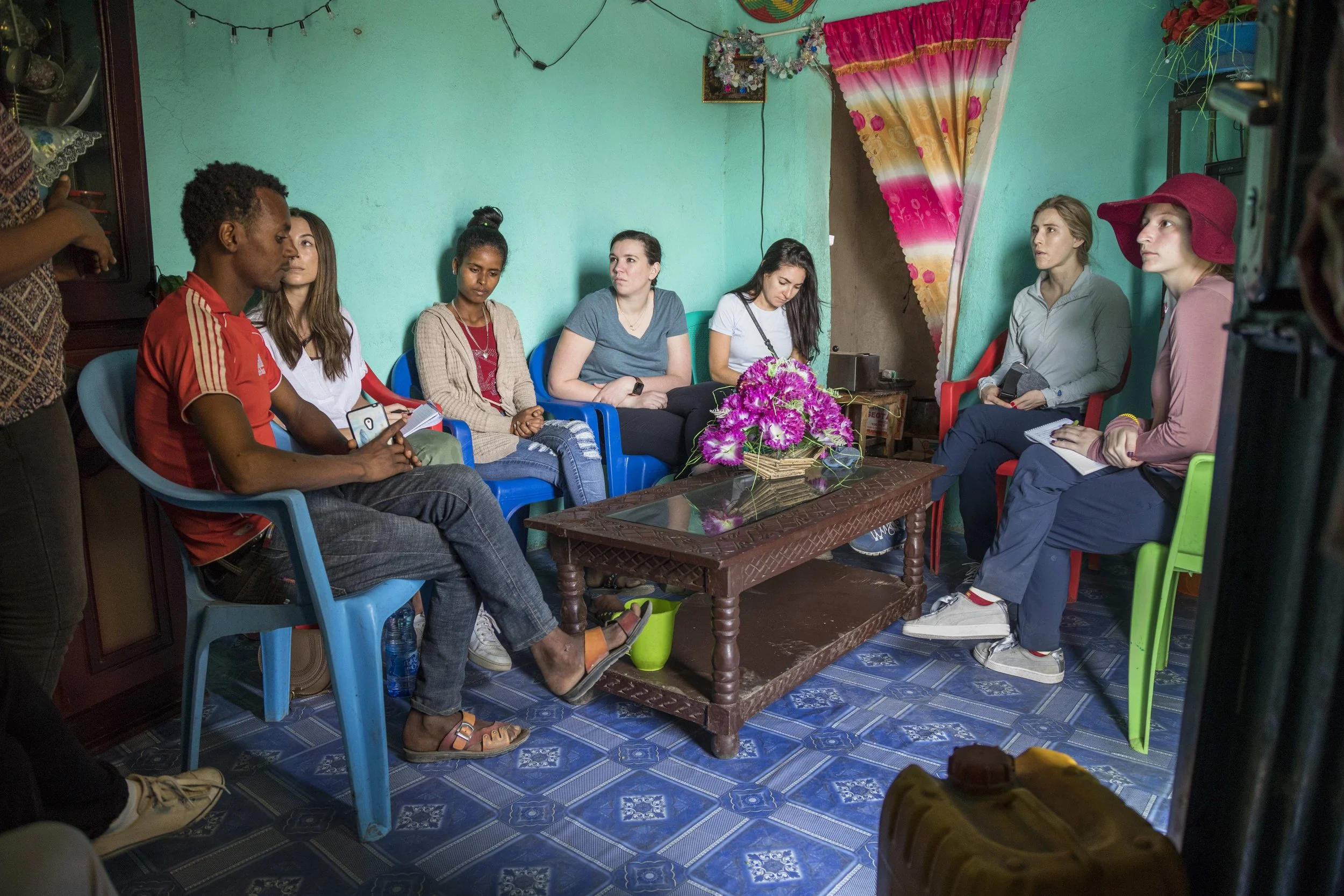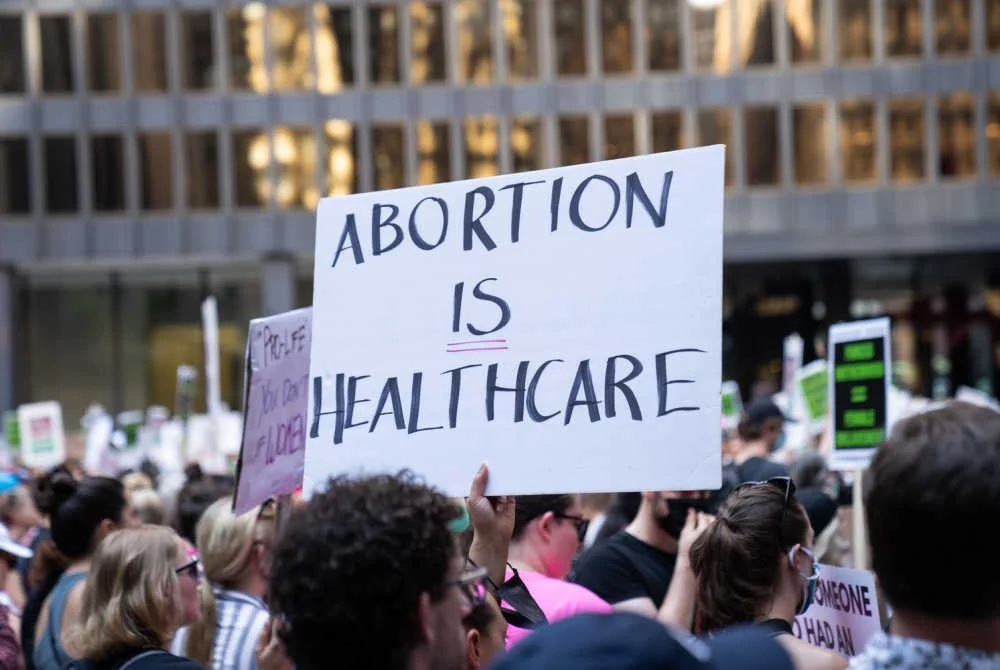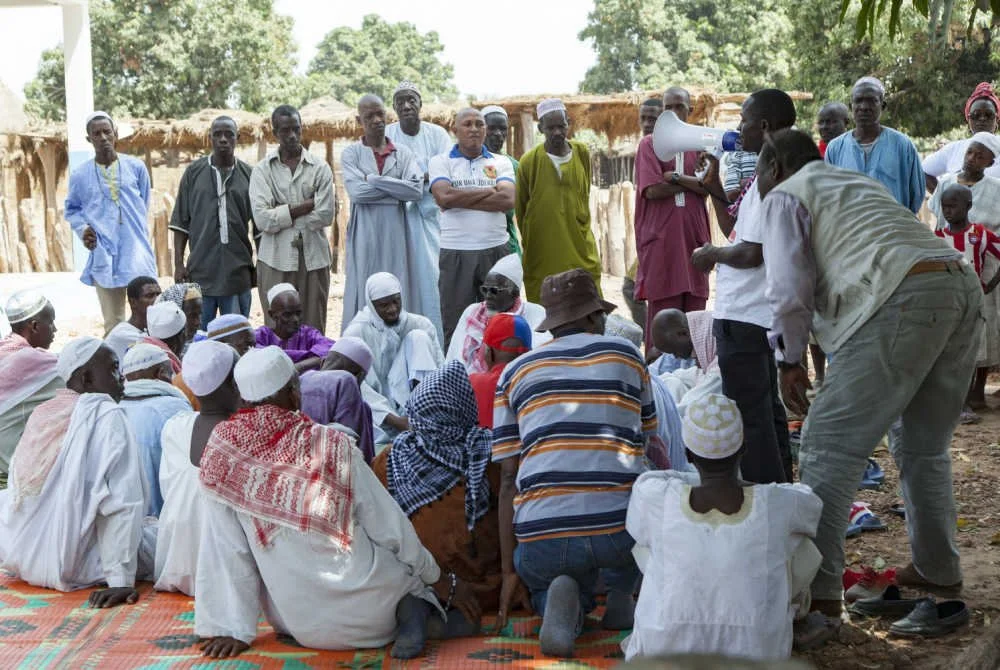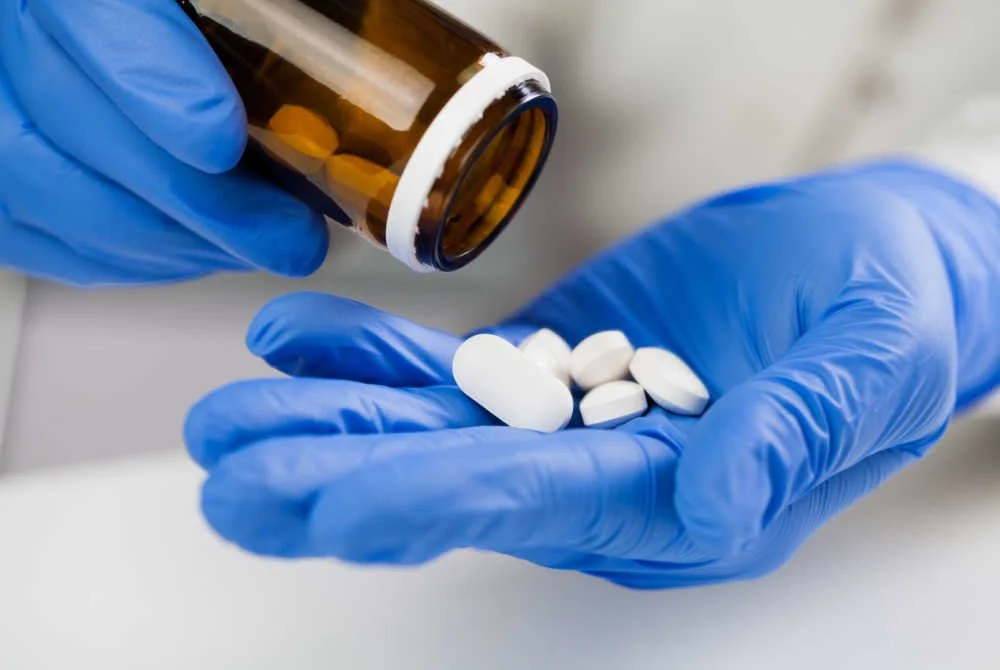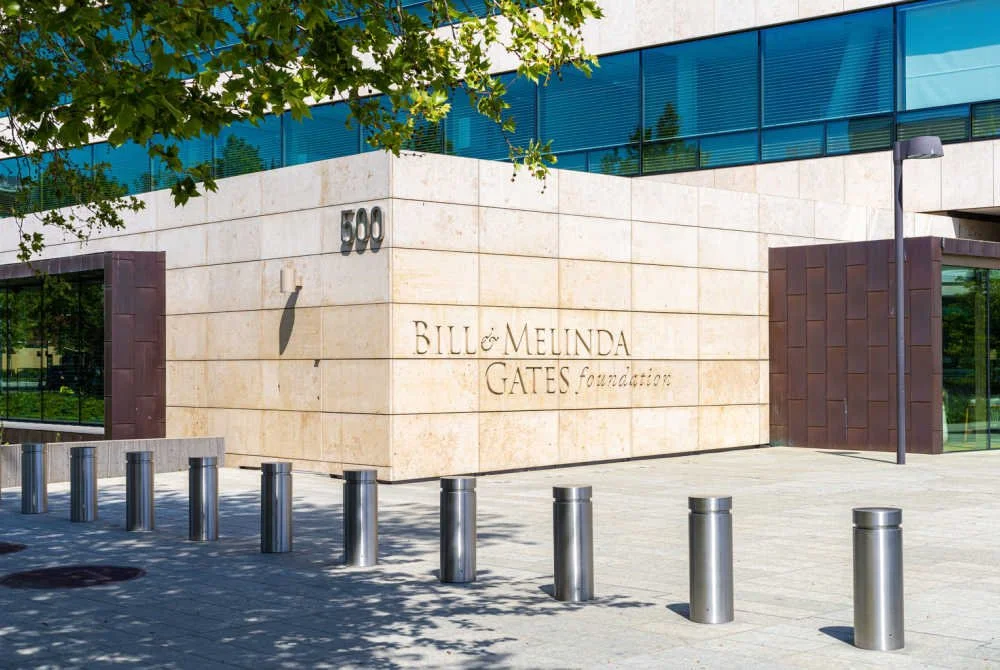Neglected No More? The Fight Against NTDs Picks Up
/Treating trachoma
Neglected tropical diseases (NTDs) are not common in developed countries like the U.S., which is why most people have never heard of maladies like river blindness, trachoma or elephantiasis. But NTDs are common elsewhere in the world, and close to one in six people suffer from them, including 875 million children. Aside from the debilitating health effects, in adults, NTDs can lead to long-term disability that can put them out of work, perpetuating poverty. In children, infections can lead to malnutrition, cognitive development problems and stunted growth.
While NTDs are no longer what one would consider an overlooked area of global philanthropy, this grouping of diseases is referred to as "neglected" for a reason. They've never commanded the same global attention and resources as killers like malaria and HIV/AIDS. As a result, efforts have fallen short to combat NTDs that affect the lives of a billion people around the world.
The good news? It's been a busy year so far in the global fight against NTDs
Earlier this month, charitable organizations, government leaders, pharmaceutical companies, and other key stakeholders gathered in Geneva, Switzerland to bolster their collective efforts toward controlling and eventually eliminating NTDs. One result of that five-day summit was a total of $812 million in commitments to expand the reach and impact of global NTD programs.
Related: With Ebola in the Rearview Mirror, Neglected Tropical Disease Research Commands More Attention
Leading the funding pack was the U.K. government, which pledged $450 million over five years to back NTD control and elimination programs. Not far behind is the Gates Foundation, which made a four-year, $335 million commitment to support an array of anti-NTD activities such as drug development, drug delivery, disease surveillance and vector control efforts.
Of that Gates money, $42 million will go to the Carter Center’s guinea worm eradication program. Gates began partnering with the Carter Center around 2000, and since then, has awarded the center over $185 million in grants, including this latest $42 million.
Over the next three years, the Gates Foundation will also match the Belgian government’s nine-year, $27 million commitment toward eliminating sleeping sickness in the Democratic Republic of the Congo.
Related: Behind the Gates Foundation’s Research War Room in the Fight Against Neglected Tropical Diseases
Pharmaceutical companies including Merck, Sanofi, Bristol-Meyers Squibb, Novartis and AbbVie reaffirmed their initial commitments made to combat NTDs in the 2012 London Declaration. Since 2012, companies have provided more than 7 billion treatments, reaching close to 1 billion people each year. The donations are estimated to be worth some $19 billion from 2012 to 2020.
Pharmaceutical donations have so far led to some pretty significant progress toward the elimination of NTDs. Last year, for example, eight countries eliminated lymphatic filariasis (LF), partly due to the drugs donated by Eisai, GlaxoSmithKline and MSD. As well, just over 74 million people received treatment for schistosomiasis in 2015, thanks to drug donations from Merck. And at the end of last year, trachoma was declared as no longer a public health problem in Oman, Morocco, and Mexico, in no small part due to azithromycin donations from Pfizer.
The CDC reports that 100 percent of low-income countries are affected by at least five NTDs at once, and people often suffer from more than one parasite or infection at the same time. The treatment cost for NTDs is estimated to be less than $0.50 per person per year. The potential is here for a lot of bang for the buck, which is why global health funders are stepping up their efforts.

















